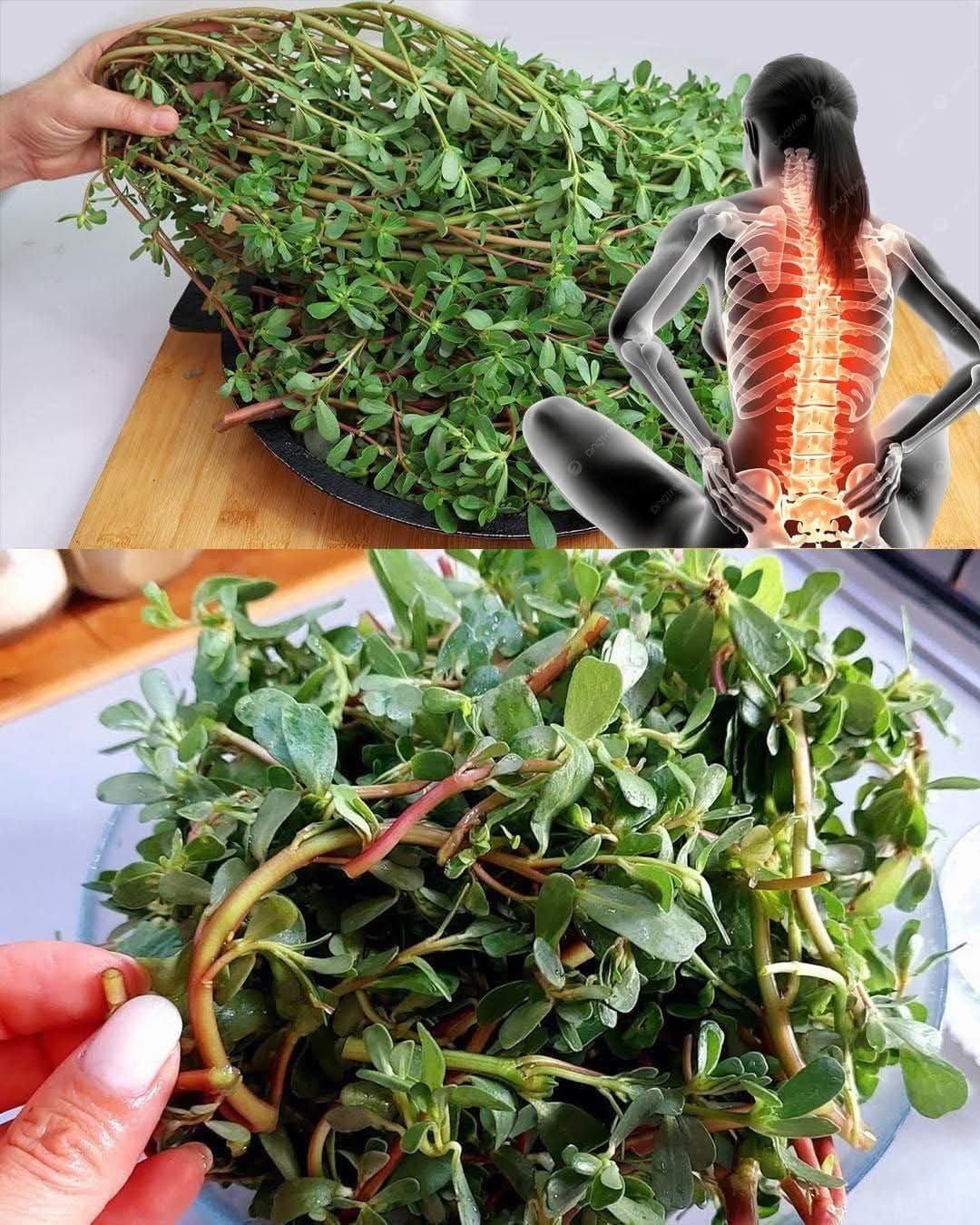Purslane, or Verdolaga, has gone from being considered a common weed to a celebrated superfood. Known for its resilience and nutrient-packed leaves, this humble plant is now a sought-after ingredient in farmer’s markets and fine dining establishments. Its culinary versatility and impressive health benefits make it a valuable addition to any garden. Here’s why you should welcome purslane into your green space.
1. Packed with Omega-3 Fatty Acids
Purslane is one of the richest plant-based sources of omega-3 fatty acids, which are essential for heart health, brain function, and reducing inflammation. Its high omega-3 content makes it a standout among leafy greens.
2. A Nutritional Powerhouse
This little plant is loaded with vitamins and minerals:
- Vitamin A: Supports eye health and boosts immunity.
- Vitamin C: Enhances skin health and promotes healing.
- Magnesium, Potassium, and Iron: Vital for overall well-being.
Purslane’s nutrient density rivals many cultivated vegetables, making it a great addition to your diet.
3. Drought-Tolerant and Easy to Grow
Purslane thrives in poor soil and requires minimal water, making it an ideal plant for gardens in dry climates. Its hardiness means you’ll have a steady supply of greens with little effort.
4. Delicious and Versatile in the Kitchen
Purslane’s slightly tangy, lemony flavor makes it a culinary gem. You can use it:
- Raw in Salads: Add crunch and a unique taste.
- Cooked in Soups or Stews: Its mucilaginous texture thickens dishes naturally.
- As a Garnish: Its bright flavor enhances omelets, sandwiches, and tacos.
5. Supports Digestive Health
Purslane contains mucilage, a natural gel-like substance that soothes the digestive tract. This can help alleviate conditions like constipation and promote a healthy gut.
6. A Natural Antioxidant Boost
Rich in antioxidants like beta-carotene and vitamin E, purslane helps fight free radicals, reducing oxidative stress and lowering the risk of chronic diseases like cancer and diabetes.
7. Pollinator-Friendly
Purslane produces small, vibrant yellow flowers that attract bees, butterflies, and other beneficial pollinators to your garden. This makes it a great companion plant for supporting biodiversity.
8. Sustainable and Eco-Friendly
Because purslane is fast-growing and requires minimal resources, it’s an eco-conscious choice for gardeners. It’s also a great way to reduce food waste, as every part of the plant—from the leaves to the stems—is edible.
How to Grow Purslane in Your Garden
- Planting: Scatter seeds directly into the soil or transplant seedlings. Purslane thrives in sunny locations with well-drained soil.
- Watering: Minimal watering is needed; purslane is drought-tolerant.
- Harvesting: Pick the tender leaves and stems as needed. They grow back quickly, ensuring a continuous harvest.
Conclusion
Purslane is more than just a garden plant—it’s a superfood, a pollinator-friendly companion, and a sustainable choice for any gardener. With its exceptional health benefits and culinary versatility, it’s time to embrace this resilient plant and give it a place in your garden. Start growing purslane today, and enjoy its many rewards!



